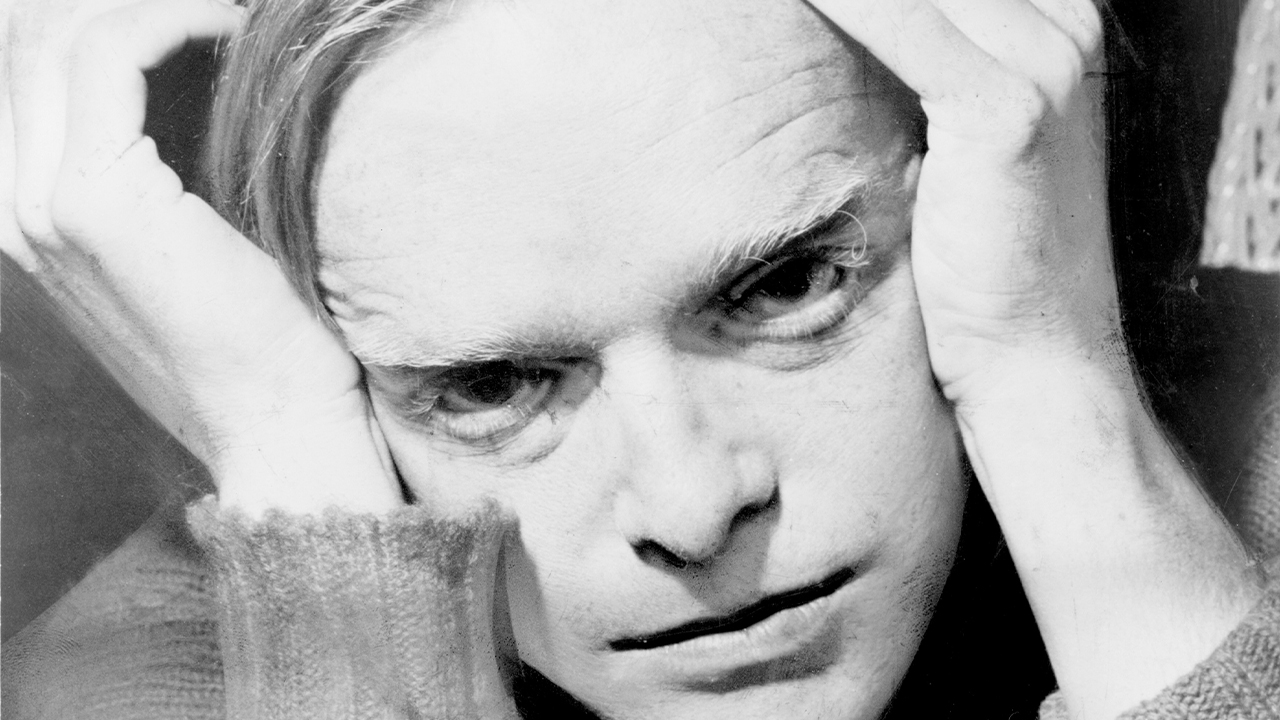Size Matters
January 8, 2020

“In America, the big get bigger and the small go out.” U.S. Secretary of Agriculture Sonny Perdue said so last fall. He was not presenting this as a problem, but I wonder.
When just a handful of people show up at book club, the conversation goes deep; when everyone is there, it splits into five crisscrossing conversations that skim updates on people’s kids, job, latest DIY project, or next vacation.
A big fat successful company is rarely as much fun as a scrappy new one where everybody is working all hours and playing just as hard. As size and profits increase, bureaucracy descends like fog, enveloping everyone in uniform rules and the doctrine of the appropriate.
At a small, friendly grocery store, the butcher will save your dog the soup bones, and you will not be overwhelmed by choices or exhausted by the time you leave. Superstores are coldly lit, cavernous nightmares with garish displays to catch your dazed eye as it darts.
“Wherever something is wrong,” insisted the social philosopher and economist Leopold Kohr, “something is too big.”
Ideology hardly matters. Socialism, anarchism, capitalism, democracy, monarchy—just about any ideological system can work when it stays “human scale,” Kohr believed. And what is human scale, since we seem to have forgotten? It is the size that makes it possible for people to play a part in the systems that govern their lives. The modern nation-state? Too sprawling, Kohr said, and therefore impersonal, unwieldy, layered, abstract, dehumanized.
The idea catches hold of me—so simple, so powerfully explanatory. Is it simplistic? Does it veer toward states’ rights and threaten federal protections? Or did Kohr hit on the very problem that has left U.S. citizens apathetic and fragmented?
Asked what influenced his thinking, he replied, “Mostly that I was born in a small village.” Oberndorf, in central Austria, had a population of 2,000 or so. He said he learned everything he needed there.
The sentiment sounds sweetly provincial, but I know what he means. We moved from the south edge of St. Louis city to a small, historically German farming town: Waterloo, Illinois. Once in a blue moon, there is an intriguingly horrific crime, but most years, the worst that happens would qualify as hijinks—like the time somebody stole a festival sausage wagon for a joyride, and the police just followed the grease trail.
It is dangerously easy to romanticize small towns, which are insular—taking the word literally, islands unto themselves—and thus fertile ground for bigotry. We found a bit of that. But what we mainly found was that people were more reliably kind, if only because there was no chance of anonymity. They could not cheat, steal, sabotage, or take their frustrations out on strangers they would never see again; there were none. Life was orderly, but the rules did not preempt humanity; public servants explain things differently when they know your name. There was more sharing, too, because as self-reliant as rural families are, they are also used to giving and receiving help. Above all, there was more trust. A week after we moved, I saw something I wanted to buy when I was walking my dog. “Just take it,” the shopkeeper said with a wave. “Bring the money next time.”
Kohr does have a point.
Still, the conventional wisdom of capitalism—and the performance of all those large-cap stocks—runs counter to his argument. Seven of the ten largest corporations in the world (measured by market value) are U.S. corporations. The 2010s were the decade of big, and anyone with a stock portfolio gloried in the rewards. Now we are peaking, and if the usual cycle holds, smaller nations and companies will get their turn. “If the 2010s were a golden age for the world’s largest economy and its megacorporations,” noted an opinion piece in The New York Times, “the 2020s are likely to be remembered as the decade when smaller was beautiful again.”
Except—was it ever, really? One of Kohr’s students was E.F. Schumacher, who wrote Small Is Beautiful in 1973. Back then, he warned that the modern economy was not sustainable, because we treated natural resources—such as fossil fuels—as expendable income, not nonrenewable capital assets. Yet we are no closer to his Buddhist economics, his philosophy of enoughness. We talk about scaling up and economies of scale and reaching critical mass, but we seldom talk about what is too big—except when we are grousing about The Big Four. And we cheer ourselves up by googling something to buy on Amazon, then opening our MacBook and posting our purchase on Facebook.
In his foreword to Kohr’s The Breakdown of Nations, Kirkpatrick Sale used buildings as an analogy for nations. If a building reaches 100 floors, it can no longer provide the expected utilities and amenities without eating into the living space. If a nation grows too big, it cannot provide services to its citizens “without amassing such complex institutions and bureaucracies that they actually end up preventing the very ends they are intending to achieve.”
It does not matter how well-built the structure or how noble the nation, Sale added. “Nor is it the virtue of the agents or leaders that matters, but rather the size of the unit: even saints asked to administer a building of 400 floors or a nation of 200 million people would find the job impossible.”
For Kohr, it came down to geometry: Social problems grow faster than our ability to solve them. And “whatever outgrows certain limits begins to suffer from the irrepressible problem of unmanageable proportions.” We talk eagerly about innovations that are scalable, but society itself … is not.





